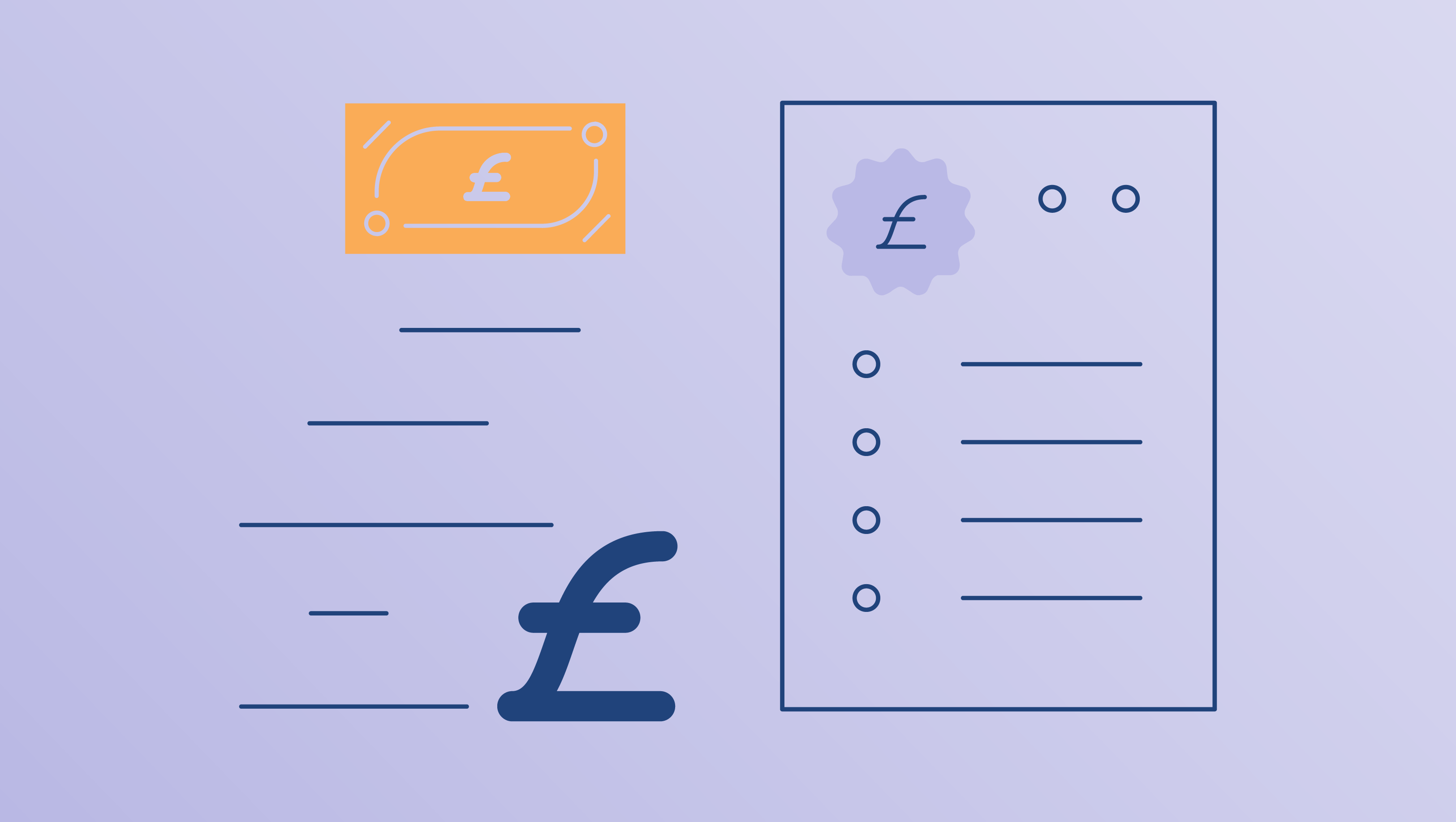Your read progress
How to borrow money responsibly during the cost of living crisis
5 minute read
Updated 17th September 2025 | Published 30th August 2022

Our recent survey found that UK adults are set to borrow £101.1 billion over the next 12 months.
We also found that a quarter of people don’t understand how inflation and interest rates will affect their finances and 36% of people are unsure whether they have the best financial products for the current situation.
In light of this, we have some top tips for anyone looking to borrow money in the next few months:
Borrow what you can afford to pay back
Most people will be able to find a provider who is willing to lend to them, even if they have a less than perfect credit score. This may be more expensive, but credit is available to most people in many forms.
Before selecting a product or provider, make sure you have a plan in place for repayments.
If you miss just one repayment, it could affect your credit rating - making future borrowing both more difficult and more expensive. It’s a good idea to set up direct debits to make sure you don’t miss any due dates, or at least set aside the money you’ll need each month for the repayments.
Don’t max out
As tempting as it is to immediately borrow the maximum sum that you can get your hands on, you’ll be paying interest on that full amount too. It’s easy to get lured in by the extra spending potential without really thinking about the commitment you are making in the long term. It’s also important to note that if you’re taking out more than one form of borrowing, taking the maximum amount from one provider will affect how much another provider may lend you in the future, so consider your total borrowing amount.
Try to borrow an amount based on your actual needs rather than a guestimate, so that you’re not paying interest on money that you don’t necessarily need. Many lenders will let you borrow an extra amount at a later date as long as you have kept up with repayments.
Compare interest rates on offer
It’s important to make sure that you are being offered a reasonable interest rate when taking out credit. Don’t forget, you’re not only paying back the initial amount you borrow but the interest as well.
Lenders use the term APR which means Annual Percentage Rate. It’s the cost of borrowing money over a year and takes into account interest charged, as well as other fees or charges you may have to pay, such as an annual fee. On its own, it might not mean a lot but it’s helpful to use when comparing with other similar lenders to work out if you are getting a good deal.
The interest rate offered will depend on the provider, the credit type, the amount, the term of repayment, and your own credit rating.
Take time to understand the T&Cs
Whether you’re borrowing from a company or a family member or a friend, it’s important to understand the terms of that agreement. This means not only getting to grips with how much you’ll be borrowing and the APR but also over how long, and how you’ll repay the money.
As tempting as it can be when you need to borrow money, don’t sign a credit agreement without being a hundred percent sure that you understand what you’re committing to. Make sure that you know exactly what you owe and when you owe it. If there’s anything in the T&Cs you don’t understand, the company or person lending you the money should be able to explain it to you.
Failing to pay back a friend or family member may lead to an argument but if you don’t pay back a lender there’s likely to be much longer-term consequences to your credit score and potential ability to borrow money in the future.
Be aware of any early repayment charges
The term of a credit agreement is the amount of time you have to repay the money you have borrowed, plus the interest, back. Some lenders will allow you to pay the full amount back early without any extra fees or charges if you’re able to.
However, other lenders may penalise you for this, and can even charge an extra 1 - 2 months’ interest. Different lenders use different terminology so look out for the following: early repayment charge, early repayment penalty, and early redemption fee or similar.
Before you sign a credit agreement, make sure that you are happy with how long you’re borrowing the money for, and that you’re aware of all conditions to repay the money.
Check customer reviews
Before you take out any type of financial product, it always pays to do your homework. As well as checking best buy tables for what deals and offers are available, take the time to read reviews and look at ratings for the provider. It’s really important to see what genuine customers have to say about their experience with the company, and whether they live up to their marketing claims.
If you have any problems with repaying the money you’ve borrowed, you’ll want to deal with an understanding company.
Finally, don’t struggle in silence
Things don’t always go to plan so if you are struggling to meet your financial obligations, it’s important to contact your credit provider as early as possible. They will work with you to find an affordable way to repay the money you’ve borrowed. This might mean extending the length of the loan and so you reduce the monthly instalments or it might mean moving on to a slightly different product or deal. They can’t help you if you haven’t told them you’re having financial difficulties.

Written by Emma
Head of Marketing
Emma joined us in 2021. She is passionate about ensuring others make good choices with their money using all the information and data available.
As Featured By
Join our mission
We use the power of consumer reviews to help increase trust and transparency in financial services and to deliver industry leading insight and events.
Write a reviewExplore our other topics

News: Awards

News: Industry news

News: Smart Money People news

Guides: Smart money guides

Guides: Smart money tips


.png)
.jpg)
.png)
